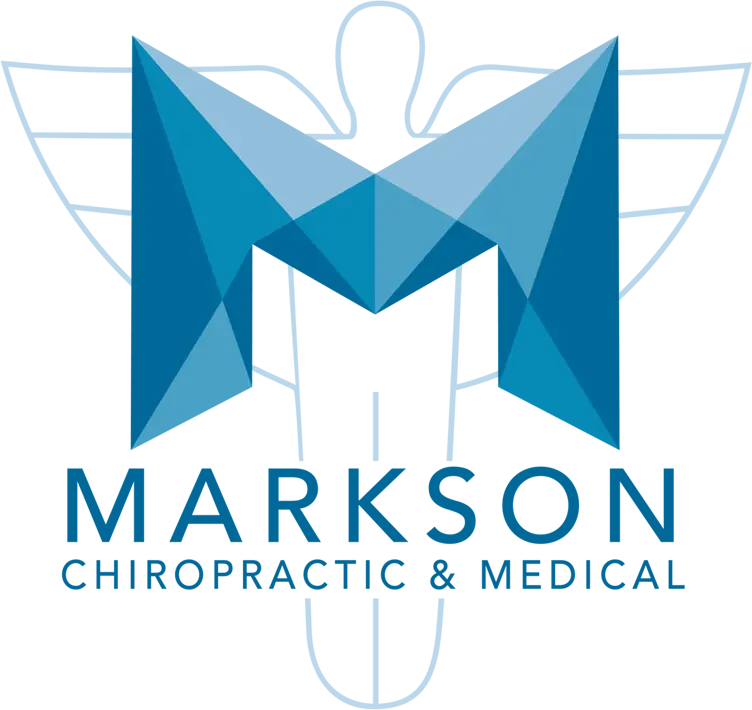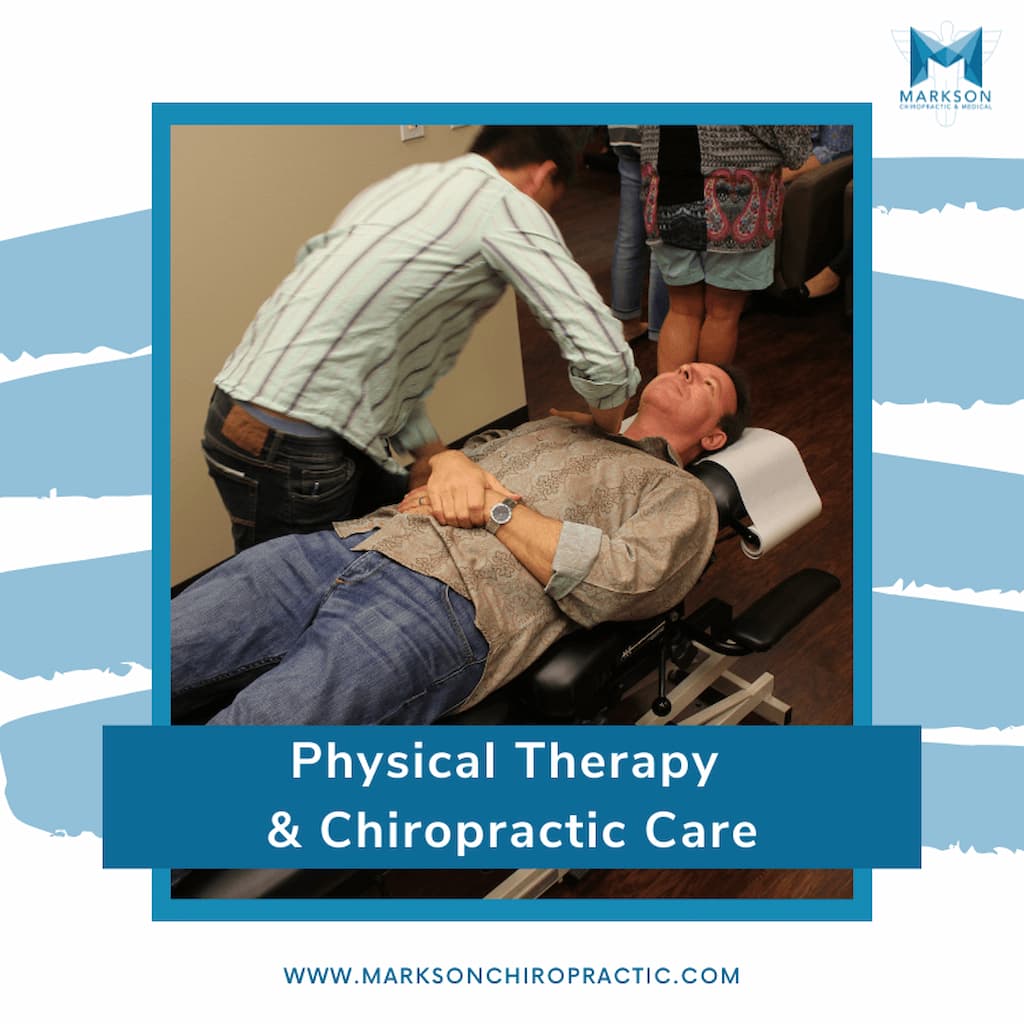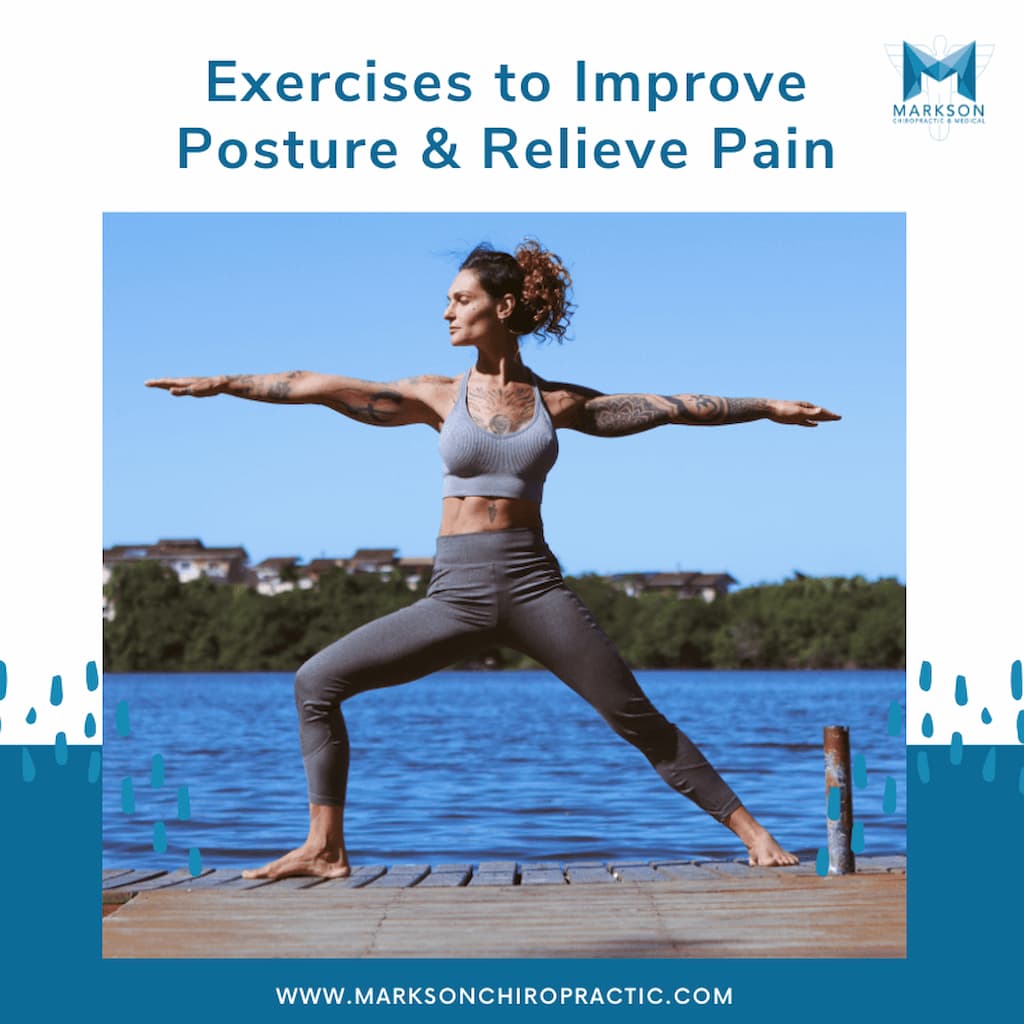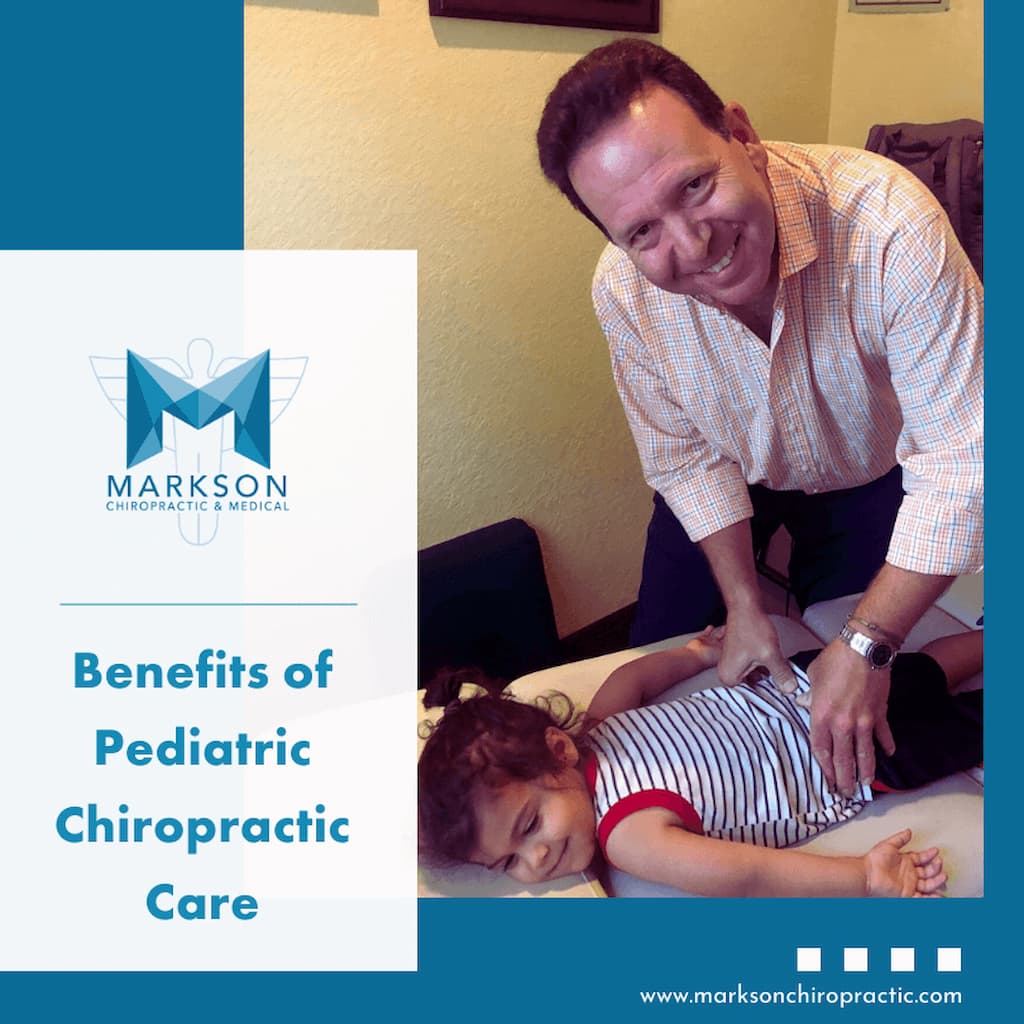Tips for New Moms: Preventing Back Pain
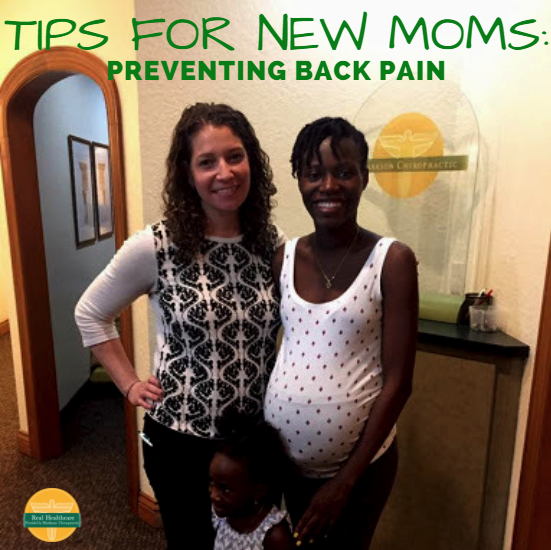
You've recently welcomed a new little one, and you thought the back pain would be over along with the pregnancy. But, as time goes on, you are spending more and more time not only carrying your baby, but also bending over your baby. For many new parents, that leads to new back pain. Fortunately, we have some suggestions for reducing that back pain.
You might ask yourself how a little newborn baby could lead to back pain, but lifting your baby can be especially hard on your spine. Your bundle of joy may start out in the 7-10 pound range, but you are lifting that weight up to 50 times a day. By the time your child turns one, you are carrying up to 17 pounds. Two years later, your little one isn't so little, weighing an average of 25-30 pounds. You also have to consider that you aren't just lifting your baby, you are also spending long periods of time bending over your baby, from the changing table to tummy time.
Here are some tips for new mothers (and fathers) to reduce both the risk of injury and back pain:
Preventing Back Pain
Exercise & Conditioning:
-
May sure your OB clears you to start exercising again, and also discuss what exercises are safe for you to partake in. Share your goals to determine what will be realistic in terms of getting back to your pre-pregnancy activity level and weight. This varies greatly from mom to mom, depending on how easy or difficult the pregnancy and delivery were. If you delivered your baby via Caesarian-section (C-section), it may take some additional time before you can begin exercising.
-
When you are "cleared" for exercise, start with restoring your hip and back flexibility with light yoga and stretching exercises. The risk of back pain is high among young, overweight women, so it is especially important to make exercise a priority once your OB allows it.
-
During a woman's pregnancy, the core muscles weaken (particularly after a C-section). A pilates or yoga class can help strengthen those muscles, and can help prevent or reduce back pain.
When Lifting Your Baby:
-
Be sure to lift with your legs when picking your child up off the floor. Bend at your knees, squat down, tighten your core muscles, and life with those legs!
-
Bring your baby close to your chef before lifting versus stretching your arms out to pick him or her up. While holding your baby, avoid twisting your body.
When Feeding Your Baby:
-
If breastfeeding, do not bend over your baby. Bring your baby to your breast, which will help avoid upper back pain. Try putting a pillow or two on your lap to help bring your baby up to you.
-
While nursing, sit in an upright chair instead of a soft couch.
-
When taking your baby in or out of their high chair, remove the tray.
Carrying and Traveling With Your Baby
-
Try using a "front pack" to carry your baby when walking.
-
Avoid carrying your child on your hip, which overloads your back muscles.
-
Instead of standing outside the car and placing your child in the car seat, kneel on the back seat as you place your baby into the car seat. The safest place for your child's car seat is in the middle of the backseat, so you can sit next to them while you place your child into the seat.
-
Rather than carrying your infant in the car seat, fasten the seat into place in the car, then bring your baby outside separately and strap him or her into the seat. Car seats are heavy, and they only get heavier as your baby grows, so make things as easy as possible on yourself.
If you are still experiencing back pain, give us a call and schedule an appointment, so we can help you get back on track!
‹ Back


